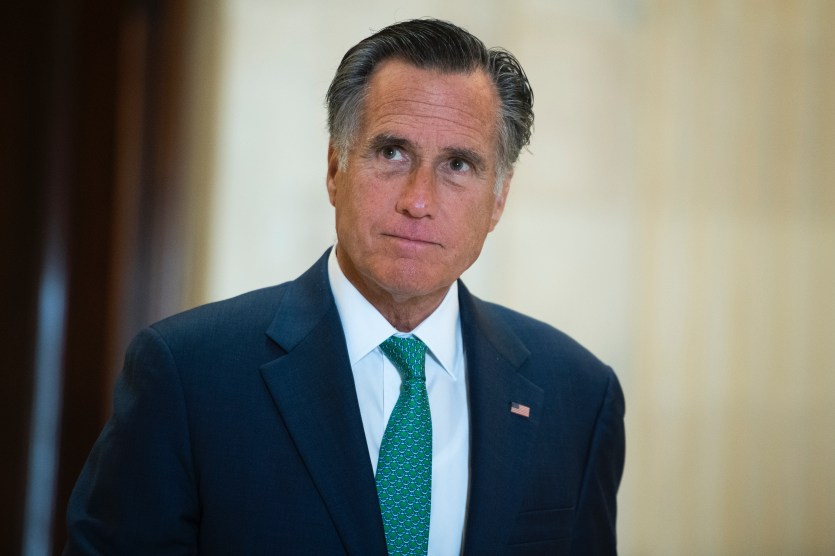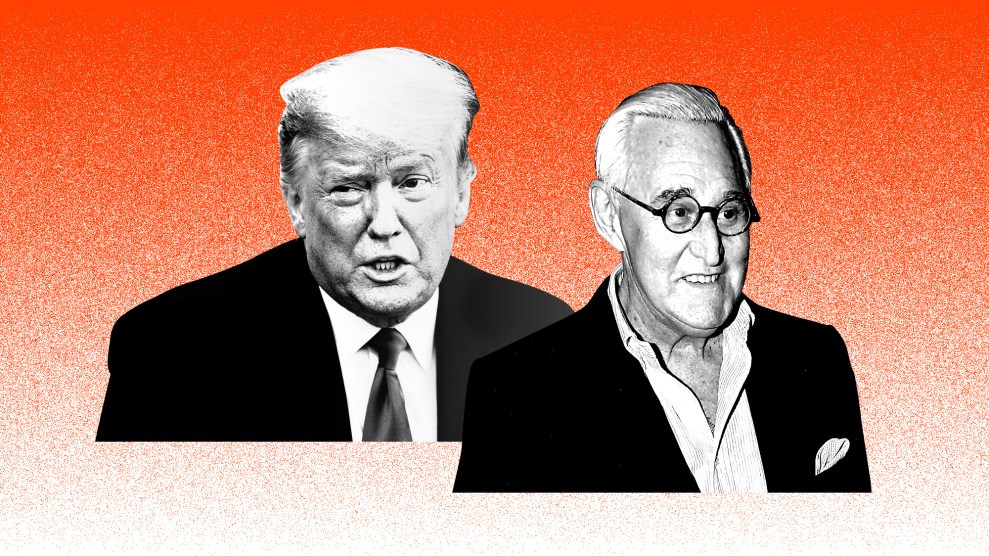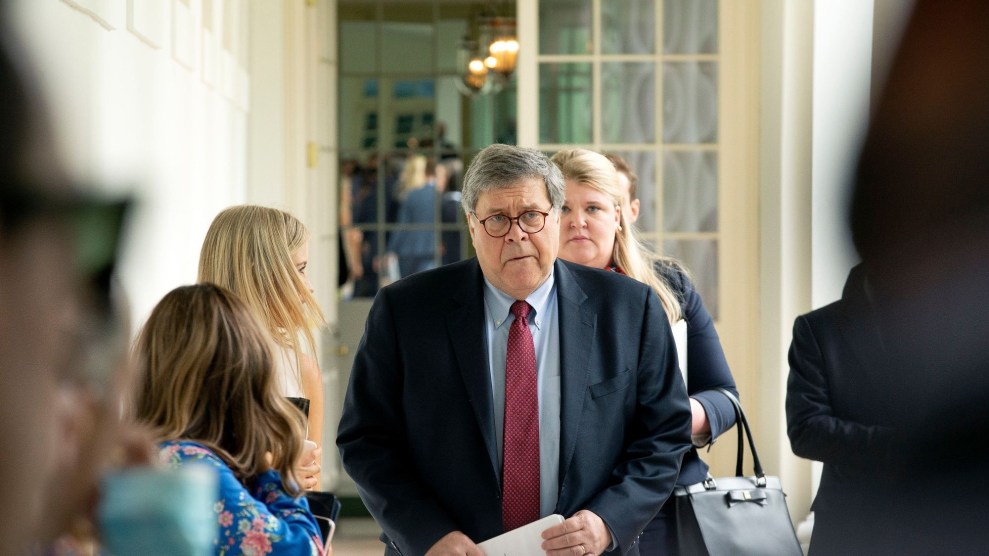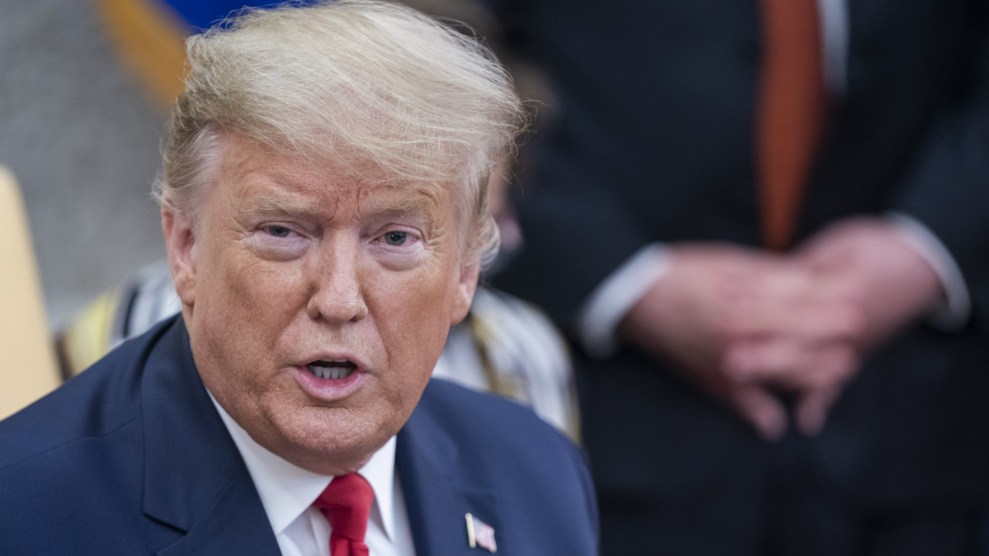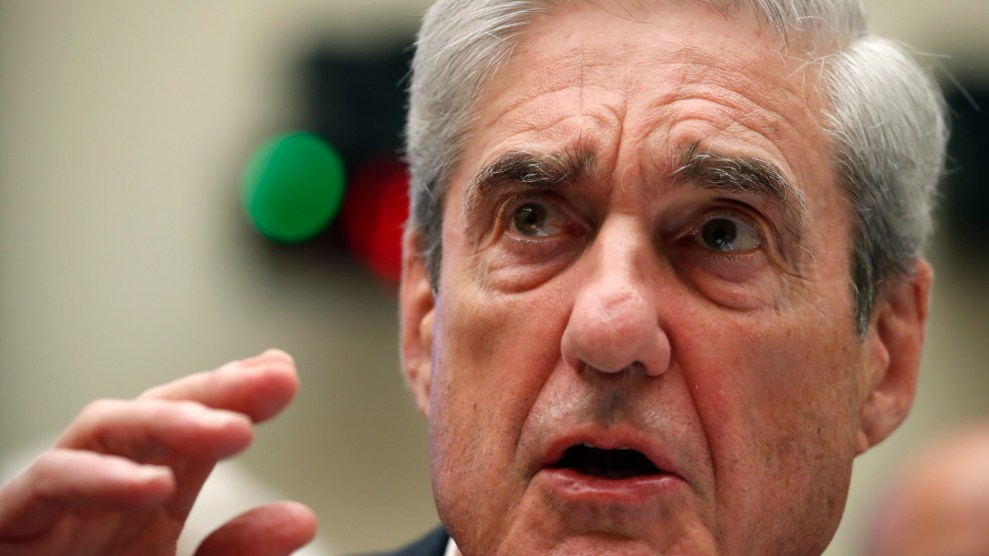
Robert Mueller testifies before the House Intelligence Committee on July 24, 2019.Alex Brandon/AP
Breaking a year of public silence, special counsel Robert Mueller defended his investigation in an op-ed published Saturday in the Washington Post. Mueller’s piece ran a day after President Donald Trump commuted the three-year prison sentence of Roger Stone, his longtime adviser. In announcing the move, the White House asserted that Stone, who Mueller’s office prosecuted last year, “is a victim of the Russia Hoax that the Left and its allies in the media perpetuated for years in an attempt to undermine the Trump Presidency.”
“The work of the special counsel’s office—its report, indictments, guilty pleas and convictions—should speak for itself,” Mueller wrote. “But I feel compelled to respond both to broad claims that our investigation was illegitimate and our motives were improper, and to specific claims that Roger Stone was a victim of our office.”
Last November, a jury convicted Stone on five counts of making false statements to the House Intelligence Committee, obstructing a congressional inquiry, and witness tampering. Mueller noted Saturday that the jurors “determined [Stone] lied repeatedly to members of Congress. He lied about the identity of his intermediary to WikiLeaks. He lied about the existence of written communications with his intermediary. He lied by denying he had communicated with the Trump campaign about the timing of WikiLeaks’ releases. He in fact updated senior campaign officials repeatedly about WikiLeaks. And he tampered with a witness, imploring him to stonewall Congress.”
Mueller’s op-ed, like his report last year, is bland and avoids taking direct shots at Trump. But the former FBI boss did explain why the Trump-Russia investigation and Stone’s lies to Congress were significant.
“Russian efforts to interfere in our political system, and the essential question of whether those efforts involved the Trump campaign, required investigation,” Mueller wrote. “In that investigation, it was critical for us (and, before us, the FBI) to obtain full and accurate information. Likewise, it was critical for Congress to obtain accurate information from its witnesses. When a subject lies to investigators, it strikes at the core of the government’s efforts to find the truth and hold wrongdoers accountable. It may ultimately impede those efforts.”


